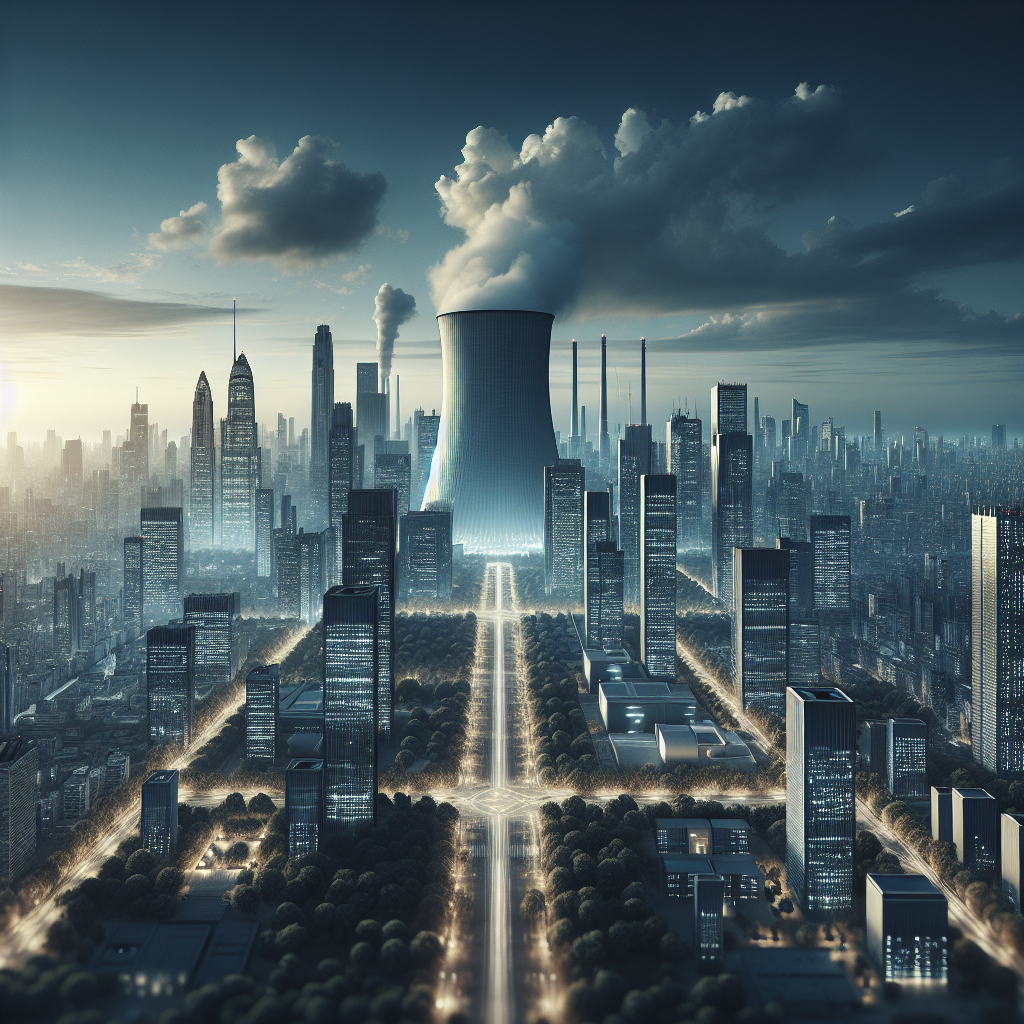The Transformative Impact of Nuclear Energy on Warfare
The Historical Surge of War-Related Deaths
When examining the trajectory of war-related deaths from the 18th century through to the 20th century, the data paints a distressing picture. Up until 1943, the number of man-made deaths due to war seemed to grow almost exponentially. The apex of this tragic escalation was the year 1943, wherein approximately 15 million people perished, attributable both to the war itself and the horrors of the Holocaust. This surge in fatalities marked one of the darkest periods in human history, casting a profound shadow over the global consciousness.
However, an intriguing shift occurred post-1945, as the world grappled with the aftermath of World War II. The decline in wartime deaths was sharp, plummeting to about 1 to 2 million annually—a significant drop that has maintained relative stability since then. This notable change prompts an analysis of what catalyzed this dramatic reduction in the carnage of war. Enter nuclear energy.
The Introduction of Nuclear Energy: A Double-Edged Sword
Nuclear energy, with its immense potential for both progress and destruction, played a pivotal role in reshaping global dynamics. The development and control of nuclear technology fundamentally altered the concept of national power and conflict resolution. Before this era, the show of force through armed conflict was often seen as a primary means for nations to assert dominance and secure their interests. The advent of nuclear weapons, however, introduced a level of destruction so severe that it necessitated a reevaluation of warfare as a policy tool.
The very nations that spearheaded the quest for nuclear capabilities were initially motivated by the prospect of achieving unmatched military superiority. They envisioned an ultimate weapon that would secure their national interests through sheer might. Ironically, this pursuit did not lead to perpetual dominance but rather imposed an unprecedented constraint on the use of conventional warfare. The mutual understanding of the catastrophic potential of nuclear conflict introduced a paradoxical peace—a deterrence strategy known as Mutually Assured Destruction (MAD).
The Paradox of Peace: Deterrence Through Destruction
The MAD doctrine fundamentally transformed international relations. The presence of nuclear weapons meant that any conflict between nuclear-armed states could escalate to a level of destruction that would be mutually catastrophic. This understanding forced nations to adopt more diplomatic and strategic approaches to conflict resolution, significantly reducing the frequency and scale of direct military engagements.
This period saw the rise of proxy wars, where superpowers would support conflicting parties in other nations without direct confrontation. The Korean War, the Vietnam War, and various conflicts in the Middle East served as stages for these indirect confrontations. Despite the ongoing violence in these regions, the overall number of war-related deaths remained lower than the pre-nuclear era, highlighting the complex interplay between nuclear deterrence and traditional warfare.
The Role of Scientists and the Ethical Implications
The role of scientists in this transformative era cannot be overstated. Their pioneering work in harnessing nuclear energy, both for civilian and military purposes, brought about profound changes in the global order. While some scientists envisioned nuclear power as a means to usher in a new age of technological and societal advancement, others were acutely aware of the potential for devastation. The ethical considerations surrounding the use of nuclear technology became a cornerstone of scientific debate and policy formulation.
Key scientific figures, such as J. Robert Oppenheimer, who was instrumental in the Manhattan Project, later expressed deep moral concerns about the implications of their work. The reverberations of their contributions continue to influence contemporary discussions on the ethics of scientific research and the responsibilities of scientists to society.
For more information on the history and impact of nuclear energy, you can refer to the International Atomic Energy Agency (IAEA) and Union of Concerned Scientists (UCS).
The Modern Landscape: Ongoing Challenges and Future Directions
Today, the legacy of nuclear deterrence and the ethical considerations surrounding nuclear energy continue to shape global politics. Despite the established norms and treaties aimed at preventing nuclear proliferation, challenges persist. Nations such as North Korea and Iran pose ongoing concerns regarding nuclear capabilities and the potential for nuclear conflict.
At the same time, the peaceful use of nuclear energy remains a topic of intense debate. While nuclear power offers a low-carbon alternative to fossil fuels and a potential solution to the energy crisis, concerns about safety, waste management, and the risk of nuclear accidents remain prevalent. The Fukushima disaster in 2011 serves as a poignant reminder of the potential consequences of nuclear energy, emphasizing the need for stringent safety measures and international cooperation.
The future of nuclear energy, both as a deterrent and a power source, hinges on our ability to navigate these complex challenges. The scientific community, policymakers, and the global public must work collaboratively to ensure that the benefits of nuclear technology are harnessed responsibly, minimizing the risks and maximizing the potential for positive impact.
Conclusion: A New Era of Caution and Responsibility
In conclusion, the introduction of nuclear energy has indelibly altered the landscape of global conflict and power dynamics. While it curtailed the frequency of large-scale wars, it also imposed a new era of caution, where the stakes of military engagement became unimaginably high. The legacy of this period underscores the profound responsibility that accompanies technological advancement, urging us to approach the future with a balanced perspective, informed by both the lessons of the past and the promise of innovation.
Related News
- Navigating the Perils of Nuclear Deterrence: A Call for Collective Responsibility
- The Ever-Present Threat: Analyzing the Odds of Nuclear Deterrence Failure
- The Global Dilemma: Nuclear Weapon Proliferation and its Containment
- Shifting Paradigms in Nuclear Deterrence: A New Era of Strategic Complexity
- The Atomic Paradox: A Tale of Destruction and Misconception
